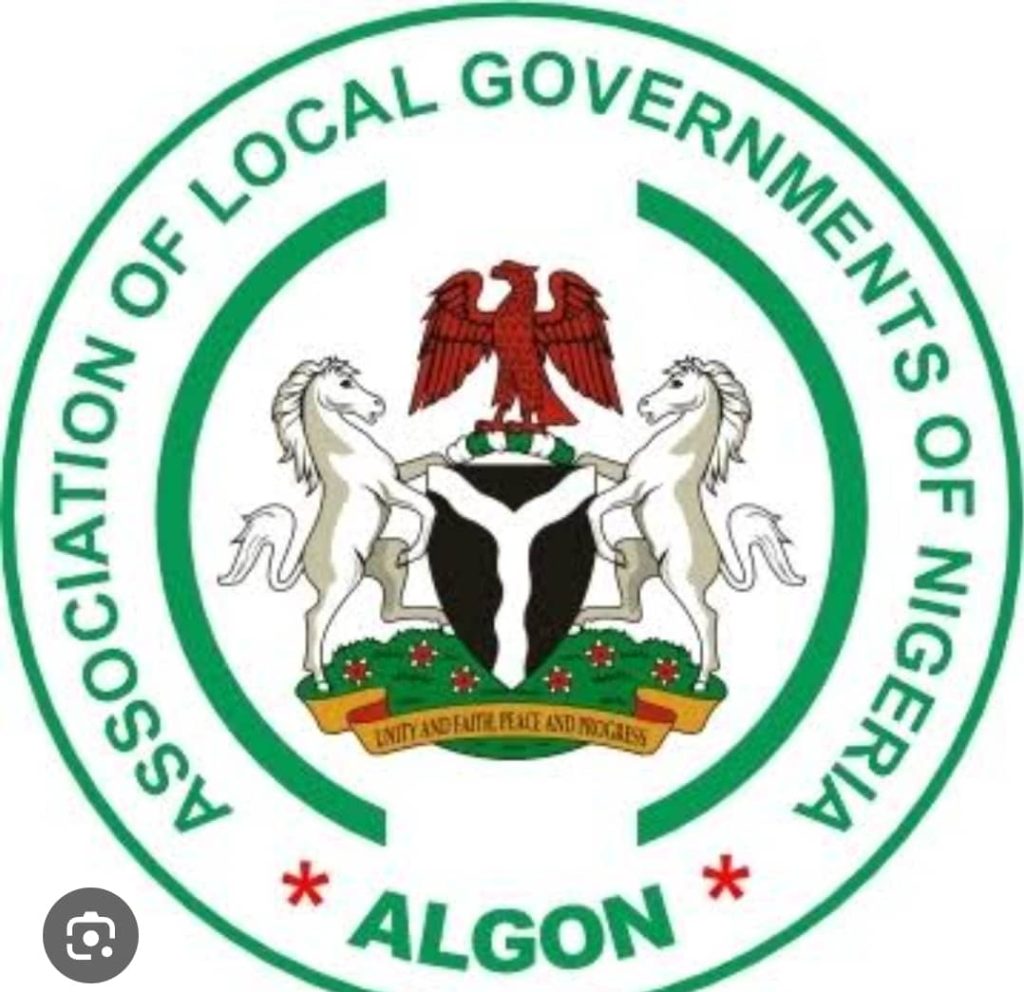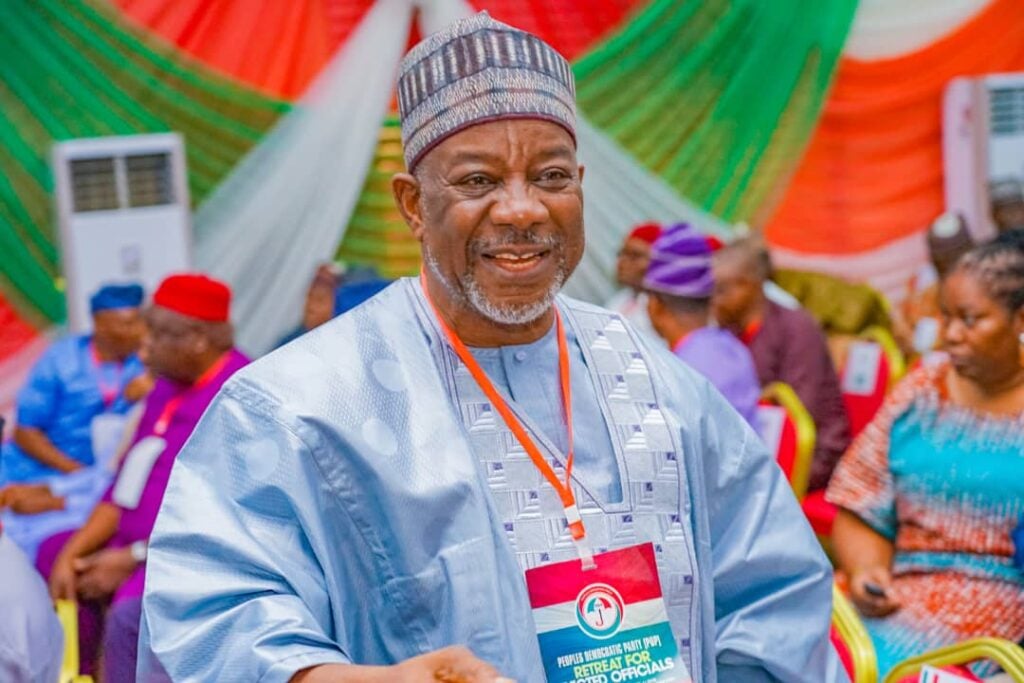Nigeria’s Plan to Import Food Raises Concerns
The president of the African Development Bank, Akinwumi Adesina, has spoken out against Nigeria’s plan to allow massive imports of staple food to crash prices. In a recent address to the African Primates of the Anglican Church at a retreat in Abuja, Nigeria, Adesina expressed concerns that the decision would risk destroying the country’s agriculture.
According to reports, the Minister of Agriculture and Food Security, Abubakar Kyari, announced plans for a 150-day Duty-Free Import Window for food commodities including maize, wheat, rice, and other staple foods. However, Adesina believes that instead of relying on imports, the Nigerian government should focus on producing more food to stabilize prices, create jobs, and reduce foreign exchange spending.
"Nigeria cannot rely on the importation of food to stabilize prices," Adesina said. "Nigeria should be producing more food to stabilize food prices while creating jobs and reducing foreign exchange spending, which will further help stabilize the Naira."
Adesina’s comments come as Nigeria’s headline and food inflation rates have increased to 33.69 percent and 40.66 percent respectively. The development has sparked concerns about the long-term impact of the government’s plan on the country’s food security and economy.
In his address, Adesina emphasized the importance of self-sufficiency in food production, stating that Nigeria must not be turned into a food import-dependent nation. His comments have raised questions about the government’s strategy to address the country’s food insecurity and inflation crisis.
The African Development Bank president’s words have sparked a heated debate about the pros and cons of food imports and the need for sustainable solutions to Nigeria’s food security challenges. As the country continues to grapple with the consequences of its food import plan, it remains to be seen how the government will respond to Adesina’s concerns and whether it will adopt a more sustainable approach to addressing food insecurity.



